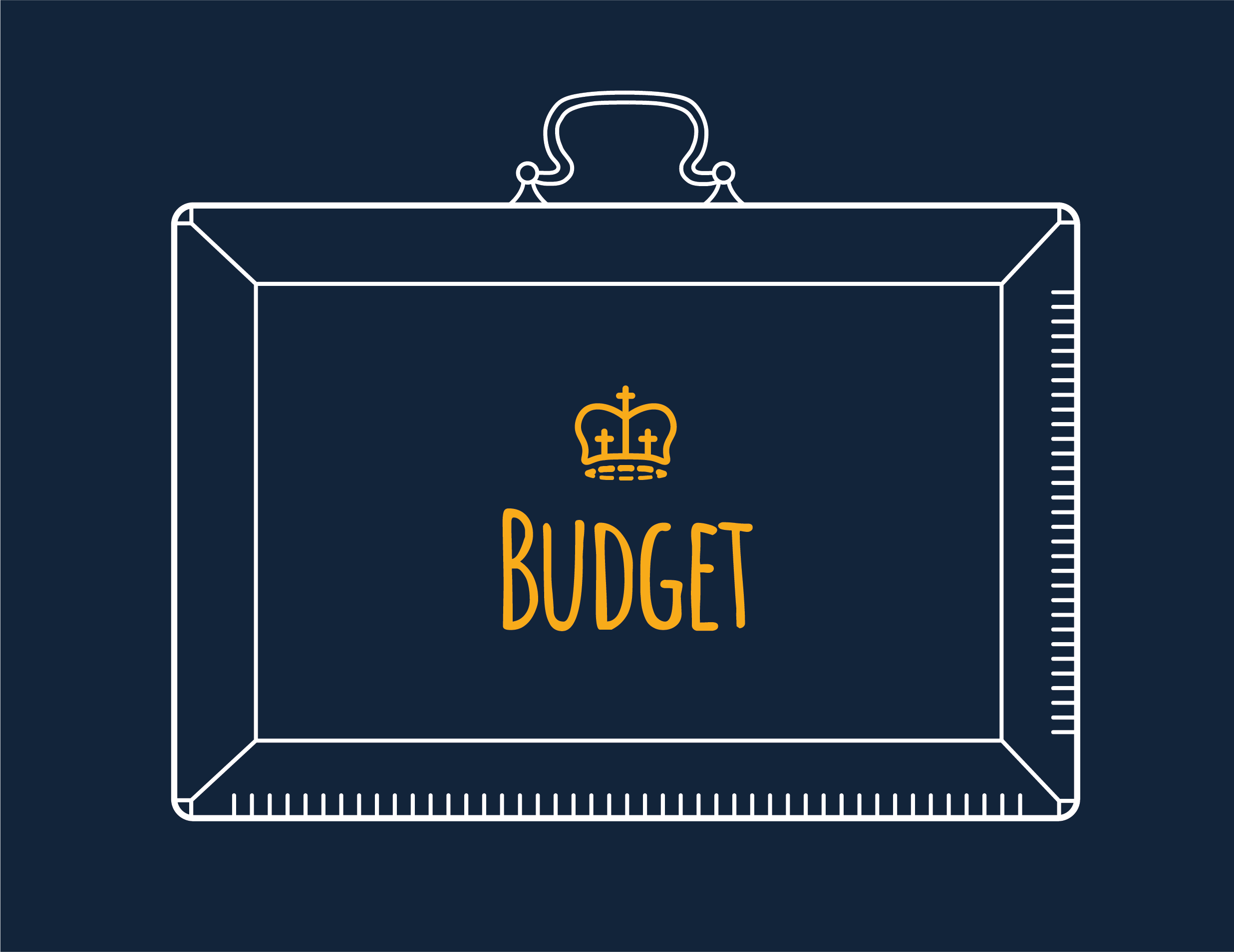
Your relationship with money should always be a healthy one, however at times of uncertainty and hardship it can be difficult to know how to improve not just your finances, but also your attitude towards it. When your outlook on finance has improved it can help set the tone for your future. This is why we’ve created our expert guide to help improve your financial wellbeing and financial resilience.
What is Financial Wellbeing?
Financial wellbeing is the relationship you have with your finances and how it can impact your mental and physical health. Financial wellbeing is more than just having a certain amount of money, it’s having a sense of security, confidence, and control over your financial situation. Financial education, discipline, and responsible decision-making play vital roles in promoting financial wellbeing, which can help improve your mental health and have an impact on your quality of life.
What is Financial Resilience, and why does it matter?
Financial resilience is the ability to withstand and recover from financial setbacks, unexpected expenses, economic hardship, or other financial challenges without experiencing significant long-term negative effects. It involves being prepared for financial shocks and being able to adapt and bounce back from difficult financial situations, so that your financial wellbeing won’t be impacted as a result. Indicators of financial resilience include; financial knowledge, creating a risk management plan, financial planning that allows flexibility and adaptability to deal with a change in financial situations, social capital and liquidity. By being financially resilient, you can protect your savings, be prepared for whatever life may bring and have plans in place if you find yourself out of work, in debt or hit with large expenses like a broken car or boiler.
Ways to enhance Financial Wellbeing
Enhancing your financial wellbeing involves adopting positive financial habits and strategies to improve your overall financial health and security. Some practical ways you can achieve this are as follow:
- Budgeting – Creating a budget that outlines your income, expenses and savings goals will help you understand where your money is going and allows you to prioritize spending and saving.
- Having healthy spending habits – Think about whether a purchase aligns with your needs and financial goals before making it. Creating healthy spending habits will help prevent financial anxiety and help you feel more financially secure.
- Investing – There are a variety of ways to invest for long-term financial security such as an Investment ISA. This will allow you to build a savings pot by investing monthly in shares, funds, bonds, and other assets. Giving your money more potential for growth than in a cash-based savings account.
- Managing debt and credit – If you have any credit cards it’s important to stay on top of the repayments, without letting them get out of hand. Remember, paying your bills on time and managing credit responsibly will help maintain a good credit score, which can lead to better loan terms and interest rates.
- Having an emergency fund – You can prepare for the unexpected by setting aside a portion of your income in an easily accessible savings account to cover unexpected expenses or emergencies.
Ways to cultivate Financial Resilience
Cultivating financial resilience is an ongoing process that requires discipline, patience, and a willingness to learn from both successes and setbacks. By implementing a financial strategy, you can be more prepared for your future and have more confidence navigating through financial challenges successfully.
- Developing a risk management plan – Creating a risk management plan involves identifying and analysing any potential risks that could realistically happen, for example; energy bills rising, car breaking down, a broken appliance or any other unexpected expenses. Then having a plan in place should the worst happen. This could be in the form of an emergency fund, credit card or investment strategy. However, not everything in life can be prepared for, which is why it’s important to have the financial literacy to know what to do should the worst happen.
- Strengthening insurance coverage – Nobody can predict what happens in life, and accidents happen, which is why it’s important to strengthen your insurance coverage. If you’ve had an accident or fallen ill and you’re unable to work, you can protect your income with income protection insurance. This is insurance that offers you and your family flexible and affordable cover against losing your regular income due to illness or injury.
- Prepare for retirement – Leading up to your retirement it’s important to make sure you’ve saved enough to be able to live comfortably. Pensions offer financial security, helping to reduce the risk of outliving your savings. The government allows everyone to receive a state pension once they’ve reached state pension age, however this pension alone may not be enough for some people to survive on. This is why many take out either a workplace pension, which their employers also contribute to, or a personal pension which you take out yourself. In addition, you can also invest alongside your pension. With a Shepherds Friendly Investment ISA you can invest from just £30 a month to have a nest egg for your future. As this is a government-backed tax-exempt savings plan, you can save over the medium- to long-term without paying any income tax or capital gains tax on your savings.
- Estate planning – The main goal of estate planning is to outline how your belongings and resources will be managed, transferred, and utilised after you’ve passed away, helping not only your financial wellbeing, but also your dependents.
Financial wellbeing and financial resilience are both crucial to improving your overall financial health and stability. They play a significant role in providing both individuals and families with a sense of security, the ability to meet their needs, and the confidence to navigate unexpected financial challenges.
As financial wellbeing and financial resilience are interconnected, taking small steps like creating a budget and emergency fund, adopting healthy spending habits and keeping on top of any debts is a great way to prepare you for whatever problems may arise that financial resilience can help with.
Shepherds Friendly can help answer any questions you may have regarding our plans, simply visit our help and support page.


